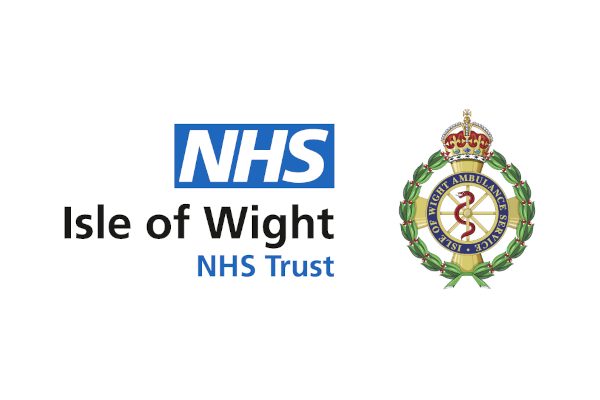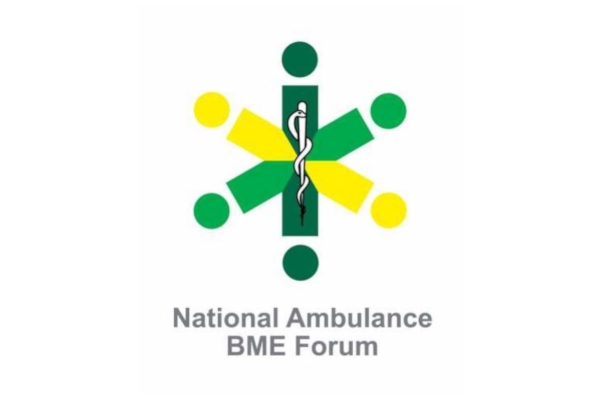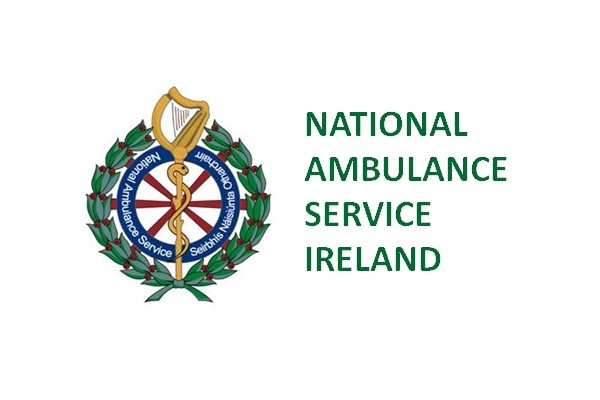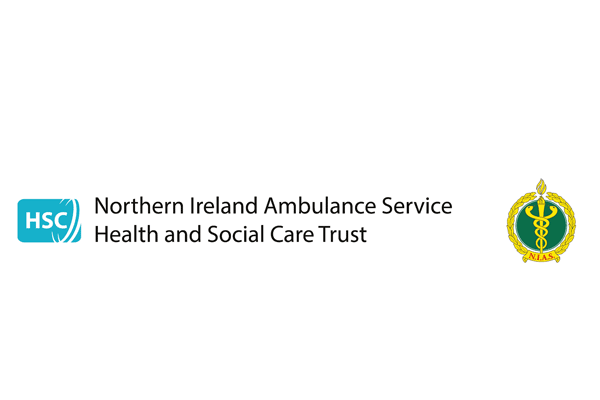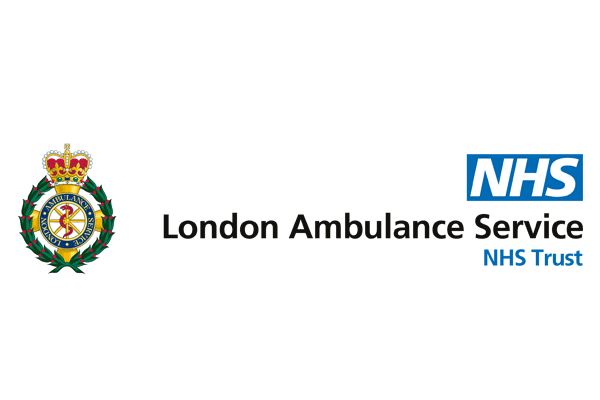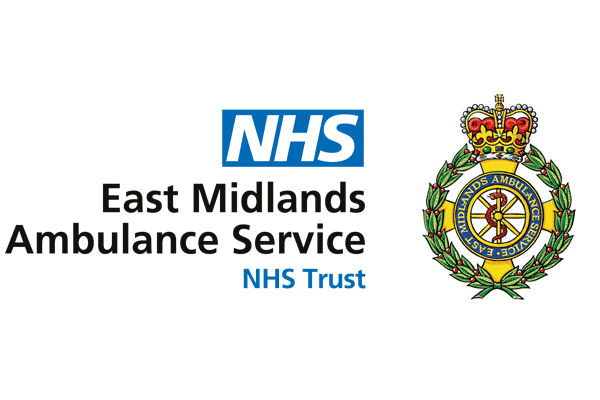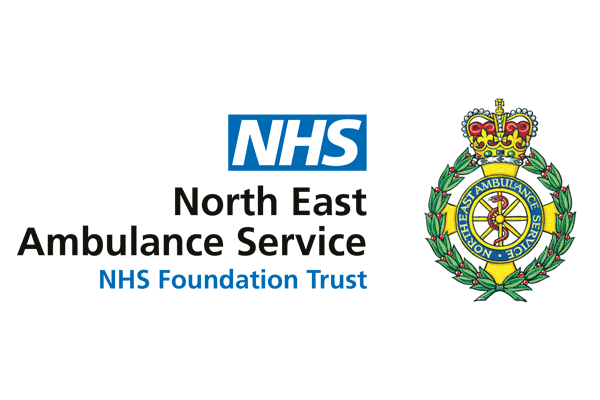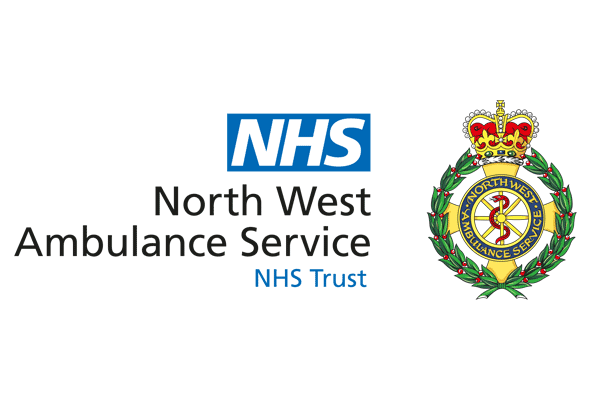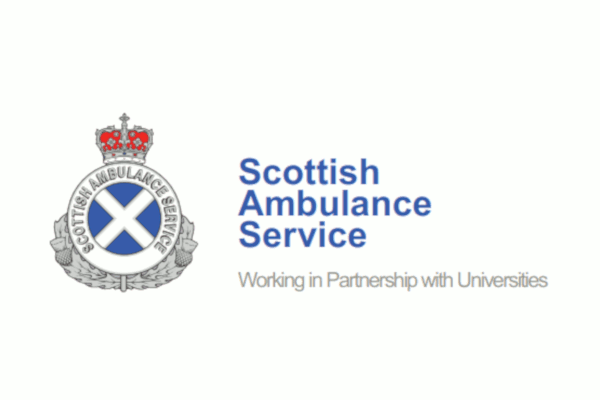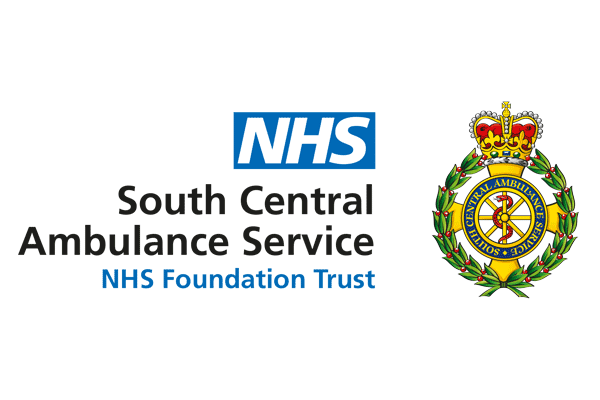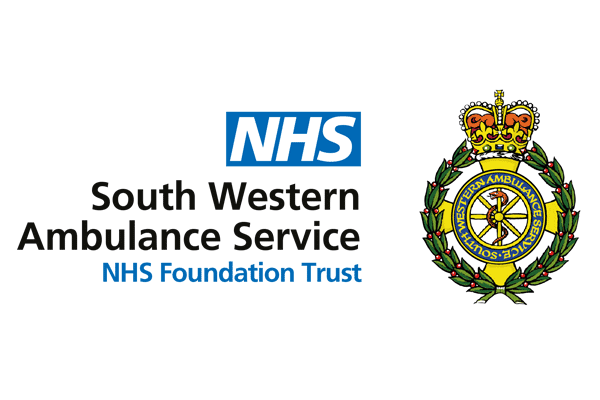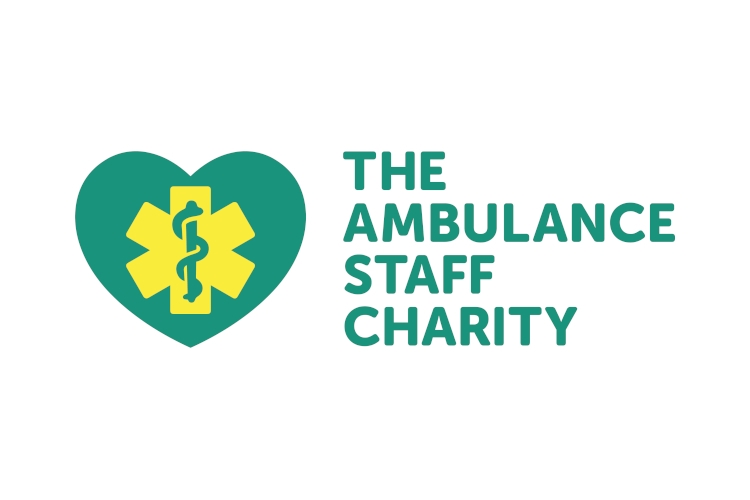
Following the publication of its latest national ambulance service data the Association of Ambulance Chief Executives (AACE) has again warned against complacency and acceptance of protracted hospital handover delays as ‘the new norm’ – calling for support from the new government to help tackle a problem that AACE estimates has caused potential harm to over 32,000 patients in May 2024 alone.
AACE believes the new government is ideally placed to encourage more demonstrations of strong leadership and true system-wide support to eradicate a problem that is causing unnecessary harm, detrimentally affecting the wellbeing of staff and is directly responsible for depleting vital ambulance resources at a time when demand for ambulance services has never been higher.
Anna Parry, Managing Director of AACE said:
“AACE has consistently warned that there is no room for complacency over the frequency and length of the hospital handover delays that our latest data shows continue to cause significant harm to patients and the wellbeing of ambulance employees, while depleting vital ambulance resources.
“This is why one of our key requests of the new government has been that they proactively support the ambulance sector’s aim to ensure patients universally receive high-quality, timely care and no longer experience unacceptable delays in response or handover of care, for example, at hospital emergency departments.
“In September 2023 we published our Taking Stock report, charting the major increase in the frequency and length of hospital handover delays over the past ten years. Today, we face the same precarious position and our monthly data shows that ambulance hours lost to hour-plus hospital handover delays are now ten times greater than they were five years ago (48,000 hours) while the volume of fifteen-minute-plus handover delays was its third highest ever (247,000), 44,000 more than the same month last year.
“Delays of 30 minutes and over increased by 7,000 between April and May 2024 to reach 104,000, the sixth highest volume to date, while just under 500 patients experienced handover delays of two hours or longer, every single day of May 2024. Worryingly, 148 patients experienced handover delays of ten hours or more in May 2024, more than double that of May 2023. We estimate 32,000 patients experienced potential harm as a result of hour-plus handover delays in May 2024 and during the same month the sector lost the equivalent of 101,000 ambulance job cycles, where thousands of patients could have been attended. This broadly equates to 16% of all face-to-face ambulance responses across the month and is clearly unsustainable.
“In short, this data underlines the fact that hospital handover delays continue to cause significant and serious problems that directly impact ambulance service performance and waiting times for patients, as well as the inexcusable potential harm being caused.
“This problem is not intractable. Through the regular case studies we publish on our website showing examples of positive system working and initiatives that have helped reduce handover delays in some hospitals, we have demonstrated that in areas where there is a strong leadership focus and true system-wide support, handovers can be managed effectively, despite the significant pressures and constraints our health and social care system is under. However, it remains vital that we see more demonstrations of excellent leadership to get to that point across the country.
“Our vision for the NHS ambulance sector succinctly captures how the government could extend and formalise a much wider remit in urgent and emergency care (UEC) for ambulance services. This could help alleviate some of the key system pressures, including hospital handover delays, reduce the risks for patients and offer a more positive, supportive and productive working environment for our people. A strong focus on prevention and providing more care closer to home, away from hospital emergency departments, would have a particularly positive impact on reducing – and eventually eliminating – hospital handover delays.”

